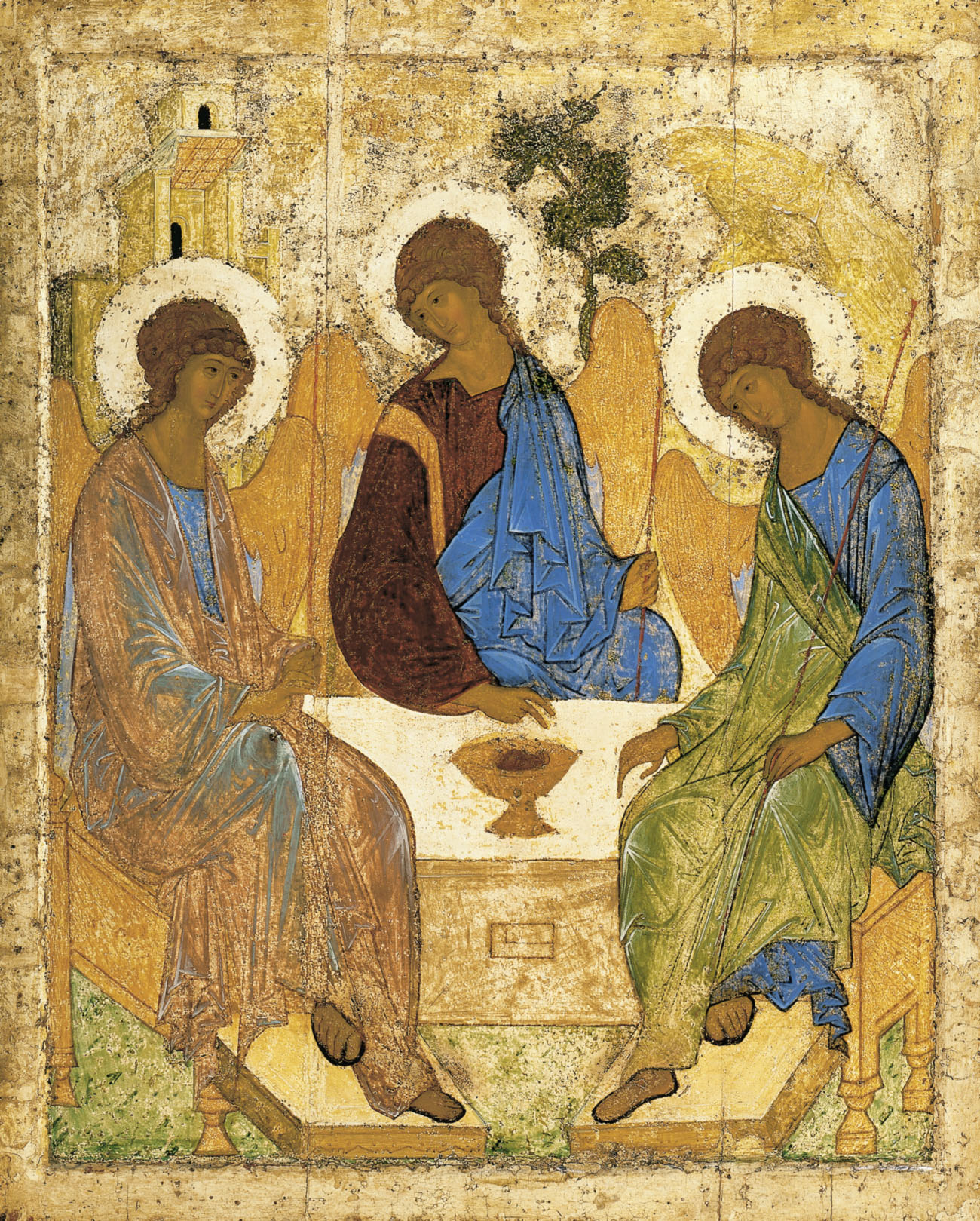Antidote to Political Hell
Jean Hoefling
 Though I am as dismayed as anyone by the current election year antics, I take comfort in remembering that bald-faced lunacy exercised in high places is nothing new. But I still have the sense that this election cycle is in a league of its own. Hopefully the bilious clouds of insanity swirling around us this fall will one day coagulate to something Americans can still recognize, once the whole thing is relegated to the history heap.
Though I am as dismayed as anyone by the current election year antics, I take comfort in remembering that bald-faced lunacy exercised in high places is nothing new. But I still have the sense that this election cycle is in a league of its own. Hopefully the bilious clouds of insanity swirling around us this fall will one day coagulate to something Americans can still recognize, once the whole thing is relegated to the history heap.
But the fact remains that we’ve got this crazy-making situation with us for a few weeks longer and I shudder to think of the mean-spirited political tirades on social media yet to come before voting day. The cringe-worthy blurring of vice and virtue we’re daily fed by the media won’t abate either, and the differences between our lead presidential candidates will continue to be measured only in degrees of goofiness on a sordid, subjective moral continuum.
It’s this rigid, linear continuum that bothers me, this seemingly endless road that, God help us, doesn’t seem to be heading anywhere very cool. If politics were geography, I picture a bleached-out, sunken old highway that meanders through topography yet unknown to planet Earth. You can’t tell what season of the year it is, either, and overall there’s just nothing to warrant getting out the camera. Worse, there’s no reward after miles in the car, like a cozy roadside diner where waitresses call you Hon and serve up great patty melts. Beyond the diner that isn’t there, there isn’t a single fun and crazy roadside attraction where they sell fur ashtrays or charge $10 to see the world’s biggest cement prairie dog—something, anything to make you believe the drive is worth it. As to your destination, the road signs on Route Twilight Zone have been tampered with. If you thought you were en route to some pristine Florida beach, you’d be wrong. You’ll end up in a deserted gas station in Nome, Alaska and be told to be happy about it because wind-scarred Nome is the future of America.
It’s in this world-weary frame of soul that I’m drawn in a new way to that most famous icon painted by Russian monk and iconographer Andrei Rublev, his Trinity. A mounted copy of this icon hung in our house for years until one of our daughters spirited it away in a cross-country move. Art critics extoll the 15th century icon for its exquisite aesthetics: the rare translucence of the colors, the ethereal mood and composition of circular unity that comprise a powerful visual representation of the Triune God. For those who seek the spiritual lesson, the attraction goes deeper. These days I gaze hungrily at an online Trinity, feeling an irresistible draw toward the peacefulness even a cyber copy manages to embody. Where else will I find an unbroken circle of fellowship amidst the absurdity around me? Have I forgotten that God is the source of humility and perfect deference, of loving intent that transcends every earthly point of view? This God is at peace with himself. He does not aggressively parade his views on Facebook. Sit before this icon with its nuances of body language between the three Persons who mutely speak of God’s seductive unpretentiousness, as each leans toward or bows in the Others’ direction that they might be affirmed. We forget God is always inclined toward the other, no matter how they’ll be voting in November.
May each of us rise above the fray in these worrisome weeks ahead and choose to incline ourselves humbly toward all we meet. Dostoevsky claimed that beauty will save the world. Perhaps peace of heart may do the same.
